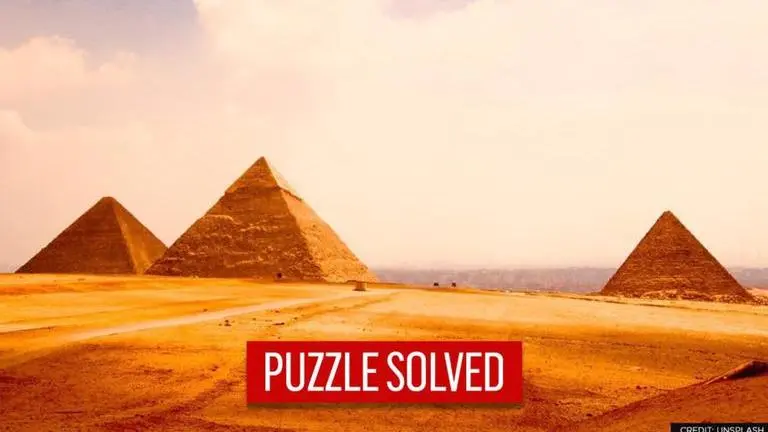Updated 6 February 2021 at 18:56 IST
Egypt: Napoleon's notes exposed immense puzzle of Ramses II
The third pharaoh of the Nineteenth Dynasty of Egypt is considered to be the greatest leader of the New Kingdom. He ruled Egypt for 66 years.
- World News
- 2 min read

The third pharaoh of the Nineteenth Dynasty of Egypt is considered to be the greatest leader of the New Kingdom. He ruled Egypt for 66 years and died around the age of 90. Ramses II was buried in a tomb in the Valley of the Kings. However, later, his body was moved to a royal cache, where it was discovered again in the year 1881. Now, it is on display in the Egyptian Museum.
Unravelling the 'puzzle'
Amazon Prime’s movie, ‘Ramses II: The Great Journey’, revealed that it would take more than 200 years to unravel the ‘puzzle’. It started in 1991, when the team from the French National Research Centre, Christian LeBlanc started the archaeological mission that reopened the study of Ramses and his tomb. According to the reports by the Expres.co.uk, in the year 1798, he headed to the Ottoman territories of Egypt and Syria to defend French trade interests. He ended up defeating Napoleon, which led to the withdrawal of French troops from the region.
This led to the discovery of the Rosetta Stone, which sparked the creation of Egyptology. Further, it described how the British made a breakthrough. As per experts, his body was originally entombed in the Valley of the Kings. However, later, the ancient Egyptian priests moved it to thwart rampant looters. In the year 1881, Ramesses II’s mummy was discovered in a secret royal cache at Deir el-Bahr. After noticing its deteriorating conditions, the archaeologists flew it to Paris. There, it was treated for a fungal infection.
Advertisement
Mummy with a golden tongue
In another significant development, archaeologists have discovered a 2,000-year-old mummy with a gold tongue at an ancient Egyptian site called Taposiris Magna. As per the Egyptian antiquities ministry, It is being assumed that the embalmers placed the golden tongue on the mummy with the belief that the deceased would be able to speak in the afterlife. The statement said that if the mummy had an encounter with the god of the underworld, Osiris, they should be able to speak to the god.
Advertisement
(Image Credits: Unsplash)
Published By : Akanksha Arora
Published On: 6 February 2021 at 18:56 IST
